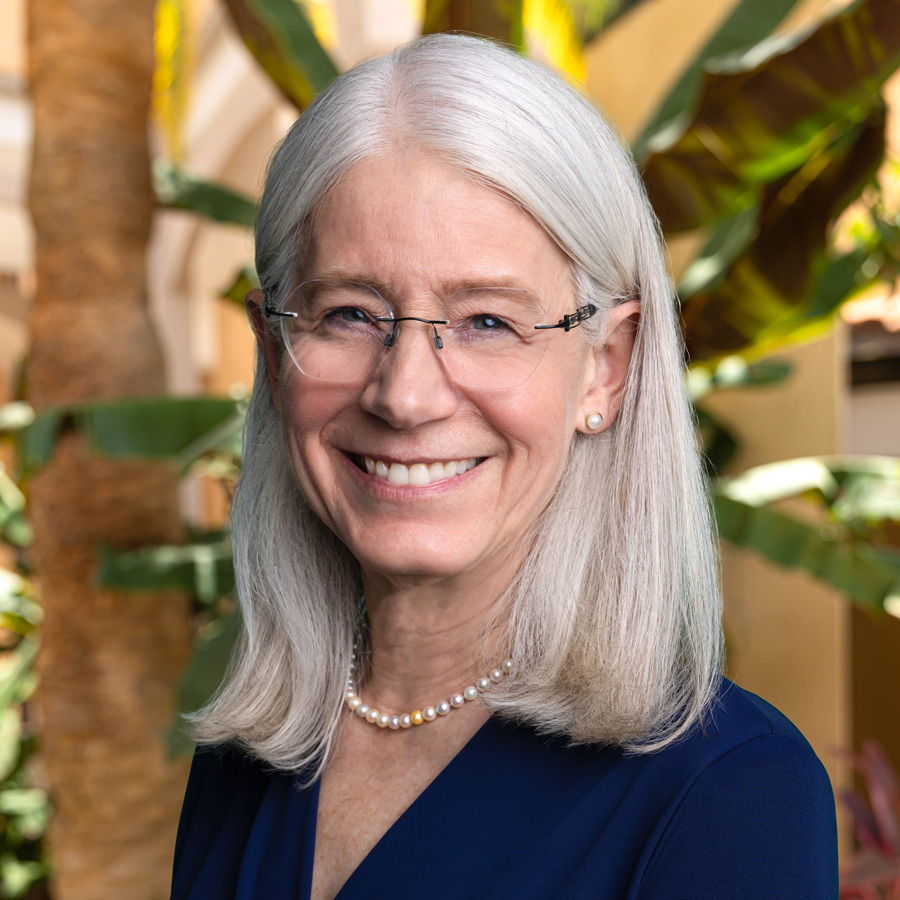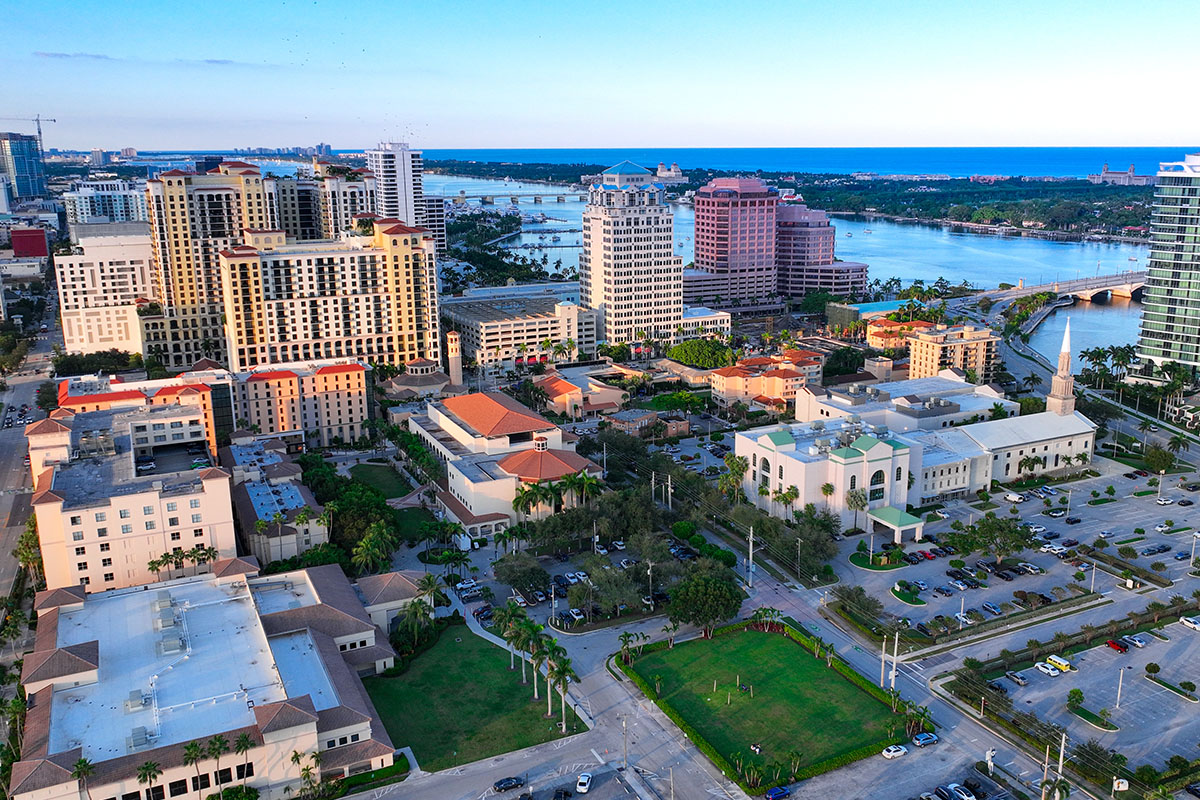
Welcome!
You’ve picked a wonderful time to be learning more about Palm Beach Atlantic University.
We’ve added exciting new degree programs and hired more faith-filled, highly qualified faculty. Our tenth Fulbright winner has claimed the eleventh award in just the last five years.
We’re making tremendous investments in business, health sciences and the arts/culture, starting with business education.
Our graduates are going out as change-makers, the result of PBA staying true to its founding vision as a Christ-first University training servant leaders.
I’m eager for you to learn about us, but more importantly, I invite you to visit our beautiful campus in this tropical paradise and thriving business and cultural district of West Palm Beach. Come and see for yourself how Palm Beach Atlantic University is growing to become the Heart and Soul of the Palm Beaches.
Dr. Debra A. Schwinn
President
